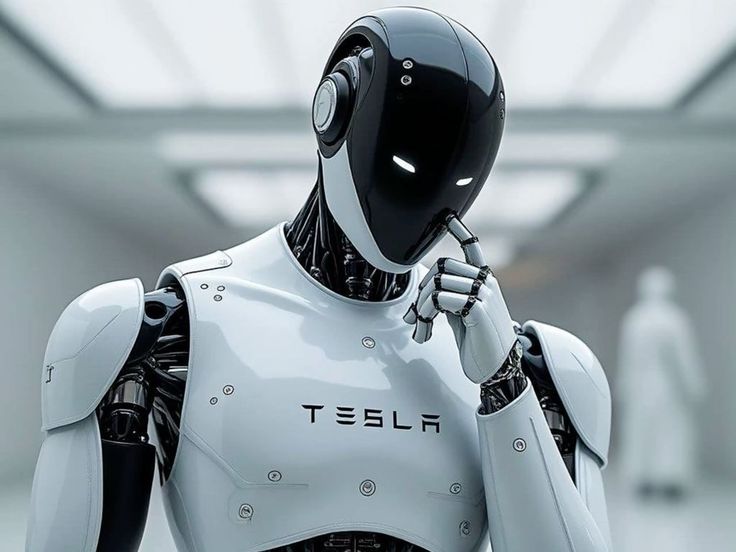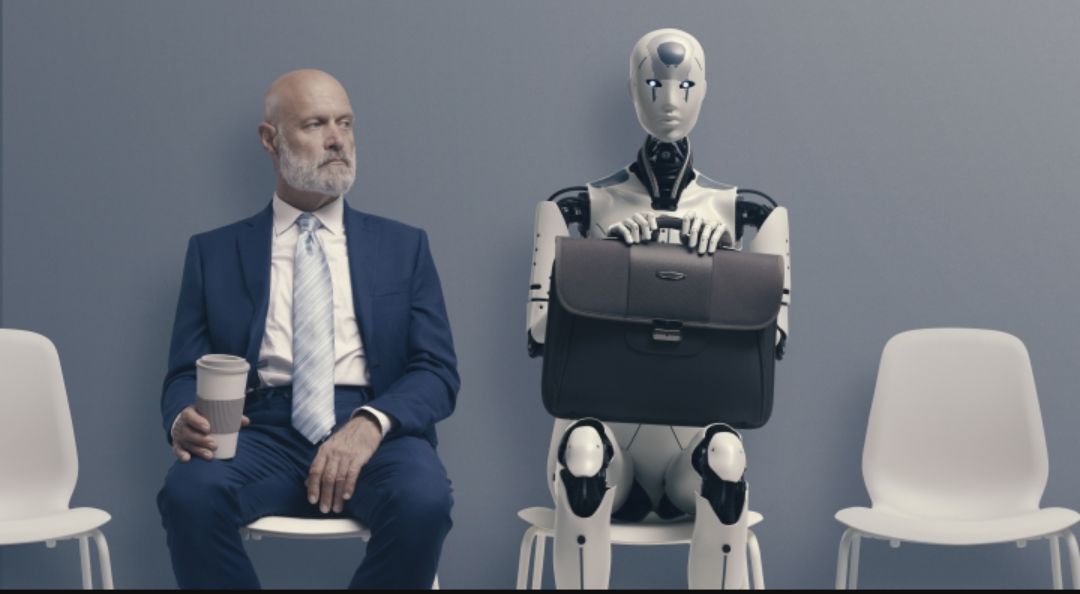We are standing on the brink of a new era where Artificial Intelligence (AI) and automation are changing not only technology but also the very nature of work. If you think it’s something far away and unrelated to you — think again. Already today, robots and programs are taking over more and more tasks, and tomorrow these changes may affect every one of us.

Why is AI "taking" jobs?
Modern AI systems and robots can:
- Process massive amounts of data much faster than humans;
- Perform repetitive, routine tasks without fatigue or errors;
- Learn from their mistakes and improve over time.
This means that professions based on repetitive actions and simple decisions are gradually becoming obsolete. But don’t panic — not everything will disappear, and what remains will change beyond recognition.
Which jobs are at risk?
1. Cashiers and store clerks
Self-checkouts, mobile payments, smart terminals — all of this makes cashiers less essential. In the near future, we’ll see more stores without staff.
2. Taxi drivers, truckers, and couriers
Autopilots, drones, delivery bots — vehicles are getting smarter, and human drivers are becoming less necessary.
3. Call center operators
AI assistants and voice bots are already successfully replacing human operators in banks, delivery services, and tech support.
4. Accountants and auditors
Automated services handle accounting, fill out reports, and check transactions. Humans are left with only complex, non-standard cases.
5. Secretaries and office administrators
Scheduling, correspondence, documents — virtual assistants can handle it all. More and more companies are operating without "office staff".
6. Entry-level translators
Machine translators are doing well with standard texts. Basic correspondence and instructions are no longer a reason to hire a translator.
7. Factory and assembly line workers
Robots are getting more precise, faster, and cheaper. Humans are less and less needed on production lines.

What about new jobs?
As old professions fade, new ones emerge:
- AI and machine learning engineers — build and train algorithms.
- Cybersecurity specialists — protect all that digital wealth.
- Artists, designers, and creators — creativity remains in human hands.
- Psychologists, educators, and social workers — emotional intelligence is still irreplaceable.
- Project managers and analysts — plan, coordinate, and make decisions.
How to prepare?
- Develop your soft skills. Leadership, critical thinking, communication — can’t be automated.
- Learn technology. Python, data analysis, working with AI — useful in any field.
- Embrace change. Reskilling is the norm, not the exception.
- Don't compete with AI — collaborate with it. Synergy is more powerful than competition.
Conclusion
AI and automation are not the end — they are a transition. Yes, old roles will disappear, but new ones will take their place. The key is to be flexible, open to learning, and ready to use technology to your advantage.
The future belongs to those who work with AI, not fear it.